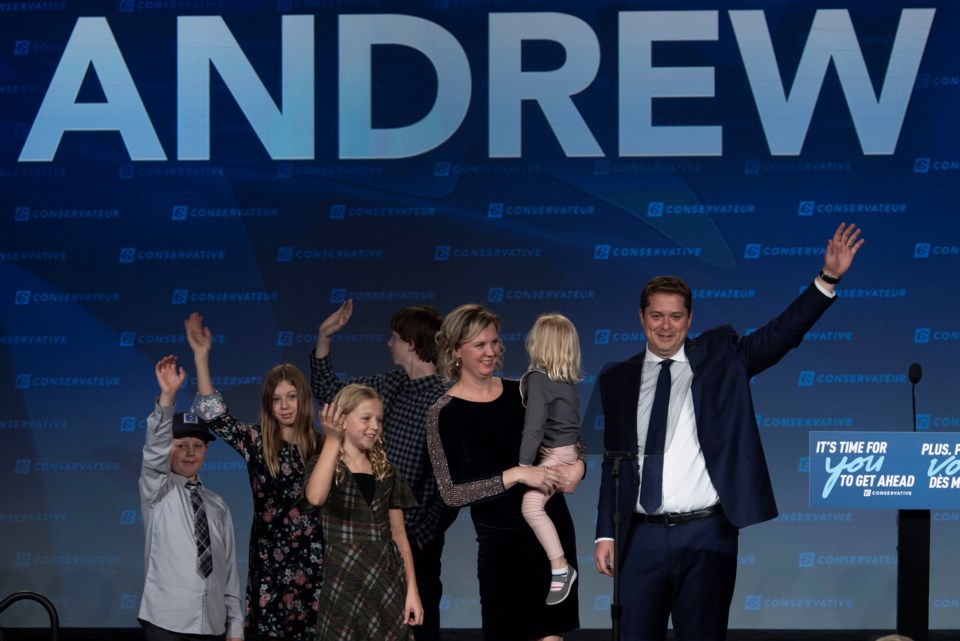With Canada’s highly divisive 43rd federal election concluded, the political pundits are attempting to sort out where the power will shift within a new minority Parliament. While there are no new faces among Vancouver MPs, there will surely be impacts felt here at home.
We saw the Liberal Party hold on to government, after enduring months of self-inflicted wounds.
The Conservative Party not only gained seats, but also won the popular vote. Nonetheless, they are headed back to the Opposition benches.
In Atlantic Canada, MP-elect Jenica Atwin gave the Green Party a historic win in Fredericton, NB and a potential new leader once Elizabeth May chooses to retire her role.
The Greens incremental seat gain from two to three, though noteworthy, was overshadowed by the election of lone independent candidate Jody Wilson-Raybould in Vancouver-Granville.
The re-emergence of the Bloc Québécois — giving it third party status — is news that will no doubt haunt Canada’s political scene in this mandate. Bloc leader Yves-François Blanchet promised to prioritize Quebec’s interests in his victory speech.
NDP leader Jagmeet Singh gave an overlong victory speech that did not reflect his party’s poor election results. However, Singh’s diminished 24-seat caucus will likely prove critical to the Liberal’s grip on power in a minority Parliament.
In Vancouver, every incumbent MP won their seat. While it might feel like a big nothing burger for our city, some reckless comments during the campaign by Vancouver’s mayor could have lasting consequences.
Many are still shaking their heads after Kennedy Stewart’s ill-considered statement about Conservative leader Andrew Scheer during the campaign’s home stretch.
For those who missed it, Stewart issued a news release on City of Vancouver letterhead — with no notice to the rest of city council — stating that Scheer would be “a disaster for the city.”
While it probably made the former NDP Member of Parliament and his partisan insiders feel great to say it out loud, it was a political misstep for multiple reasons.
Firstly, ticking off conservative voters in Vancouver only served to further drive divisions in our city. My rough election night calculation was about 50,000 Vancouverites voted for Conservative candidates, which was approximately the same number who voted Stewart into the mayor’s seat.
Furthermore, Vancouver has a lot of asks on the table that require federal financial support, not the least of which is a multi-billion dollar rapid transit line request. In a minority Parliament, gaining approval for large funding requests is considerably more challenging when other parts of the country have their hands out.
Stewart needlessly kissed goodbye to getting the support of more than 120 MPs on the Conservative benches he may need later. The mayor may not have given that much thought beforehand, but Vancouverites should be concerned.
Typically, it is only mayors from Canada’s biggest cities who have enough clout to get meetings with senior government officials such as cabinet ministers, deputies or their staff. Those with experience in government relations will also know the importance of working with members of the Official Opposition.
When Sam Sullivan became mayor in late 2005, for example, within months he took several trips to Ottawa where he met with members of the Harper government, as well as meeting with Liberal leader Stéphane Dion and the NDP’s Jack Layton. At the time, COPE and Vision councillors pilloried Sullivan for what they perceived to be pointless junkets out east.
Before he left for Ottawa, Sullivan would notify members of the city’s corporate management team to give him their list of issues to take to the feds. One item Sullivan’s travels helped to resolve was the stubborn problem of illegal moorage in False Creek, which fell under federal jurisdiction and left the city unable to deal with marine polluters.
Today, Vancouver faces more monumental challenges by comparison. How we will ever resolve the city’s disastrous opioid crisis, for example, will depend upon our ability to deal with it as a whole country.
Didn’t we just toss out a municipal government that would grandstand every time it did not get what it wanted from Ottawa?
For his sake and Vancouver’s, our mayor would be wise to put away the Vision playbook, and work to build support beyond his traditional political base.
mike@mikeklassen.net



